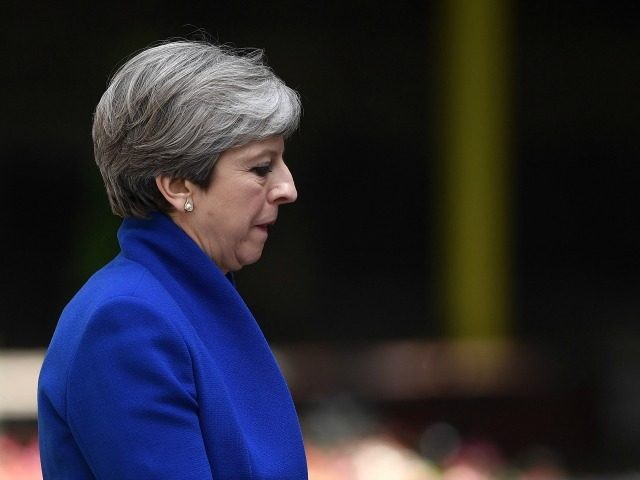British Prime Minister Theresa May said something about terrorism a few days before last week’s UK election that few American politicians would have said.
In outlining her plans to deal with the growing threat, she concluded: “And if human rights laws stop us from doing it, we will change those laws so we can do it.”
That way of framing the problem seems to be rather common in Britain. Colonel Richard Kemp told conservative talk radio host Mark Levin last week: “I would rather infringe the human rights of a known jihadist than see British or American children, teenagers, or anybody lying bleeding in the cities of our countries.”
It is difficult to imagine an American — at least one on the conservative end of the political spectrum — from using those terms. Americans tend to speak in terms of “fundamental rights,” “civil rights,” “civil liberties,” or simply “rights,” but rarely “human rights,” at least on home soil.
Americans also resist the idea that the fight against terror involves restrictions on our rights. Of course, there are ongoing debates about government surveillance, and the degree to which it may violate the Fourth Amendment’s right to be “secure … against unreasonable searches and seizures.” But Americans also view the fight against terror to be a fight for fundamental rights — the right to live, first and foremost.
When Americans discuss “human rights” in the context of the fight against terror, we typically mean the rights of people abroad. When we discuss the fight against terror at home, we revert to our domestic vocabulary.
Europeans define “human rights” broadly, to include a whole range of claims that individuals can make on each other and on their government. For example, as of 2014, Europeans have a “right to be forgotten,” meaning that individuals “have the right – under certain conditions – to ask search engines to remove links with personal information about them.” Outside the U.S., rights are generally thought to derive ultimately from government, and so are more easily given — or taken away.
The American concept of rights is narrower. There are fewer rights that are considered absolutely fundamental. They include freedom of expression, religious liberty, and the right to self-defense. These rights are considered to come from God — or, alternatively, they are considered inherent to human beings. Other rights — such as the right to vote, which is not guaranteed in the original U.S. Constitution — have been, and are, subject to constraints of various kinds.
Donald Trump talked about bringing back waterboarding against terrorists — and many of his supporters agreed. But an American candidate who promised to tinker with “rights” as such, in general, would be defeated.
We have one recent example, actually. Hillary Clinton ran explicitly on a promise to change the First Amendment to weaken the right of free expression, the better to regulate political speech.
She lost. Perhaps Theresa May ought to have learned from her example.
Joel B. Pollak is Senior Editor-at-Large at Breitbart News. He was named one of the “most influential” people in news media in 2016. He is the co-author of How Trump Won: The Inside Story of a Revolution, is available from Regnery. Follow him on Twitter at @joelpollak.

COMMENTS
Please let us know if you're having issues with commenting.